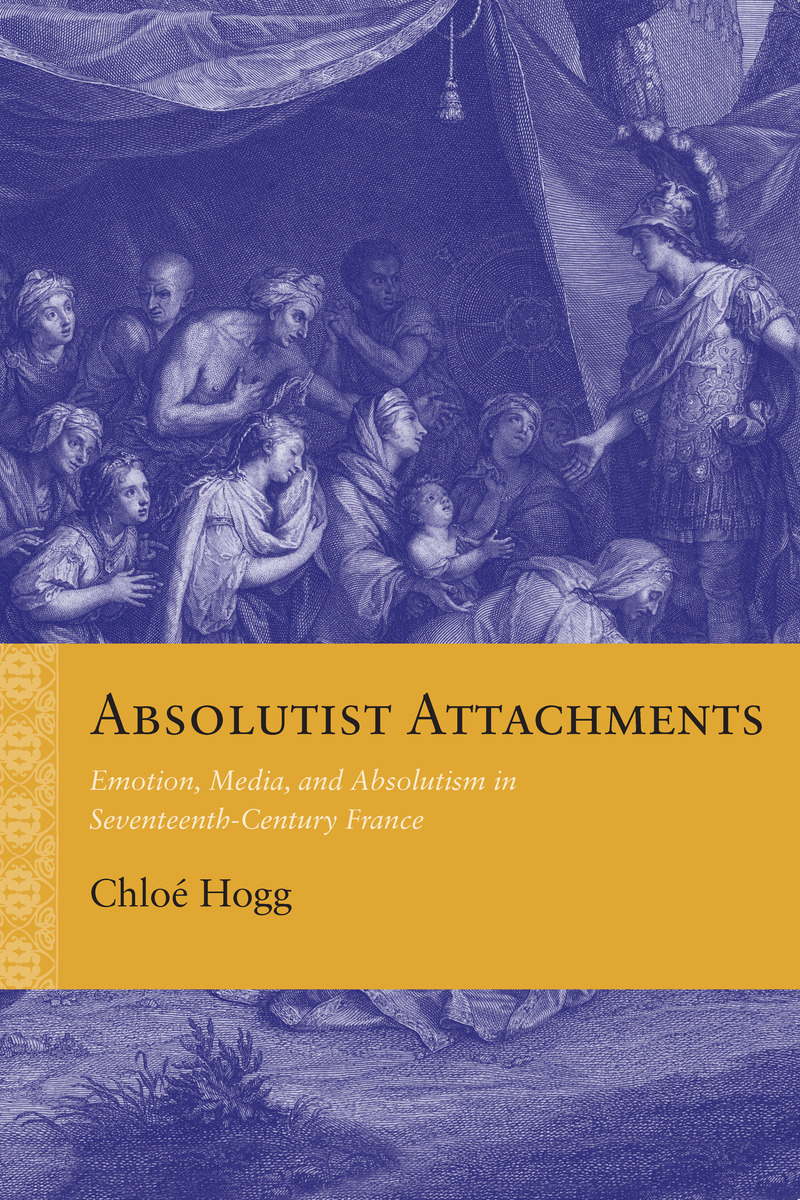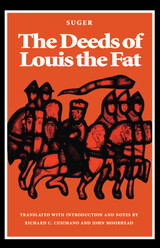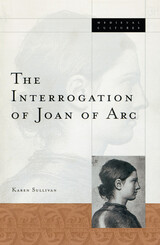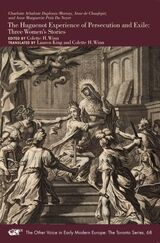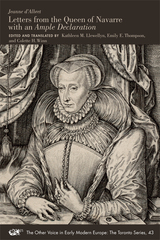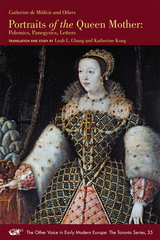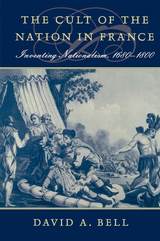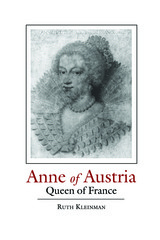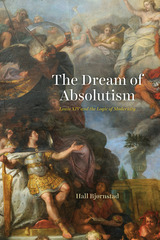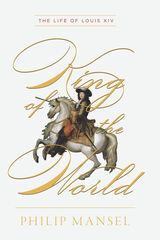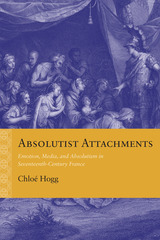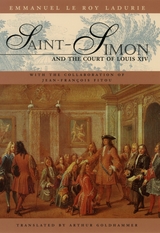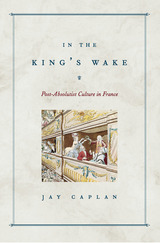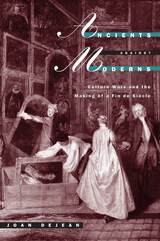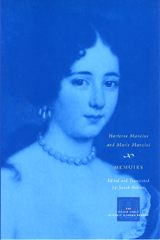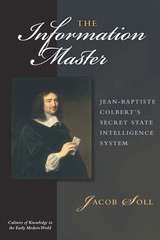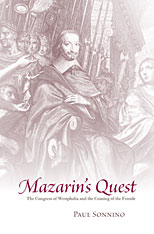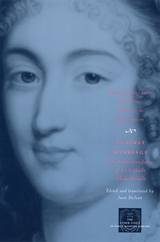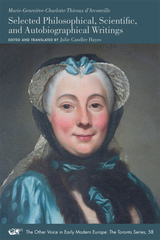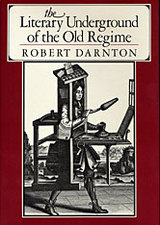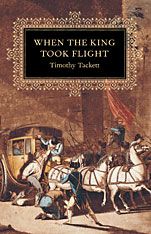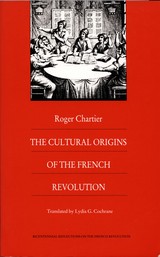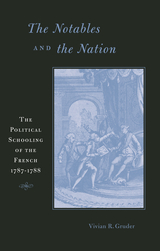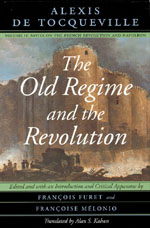Absolutist Attachments: Emotion, Media, and Absolutism in Seventeenth-Century France
Northwestern University Press, 2019
Cloth: 978-0-8101-3942-8 | eISBN: 978-0-8101-3943-5 | Paper: 978-0-8101-3941-1
Library of Congress Classification DC126.H64 2019
Dewey Decimal Classification 944.033
Cloth: 978-0-8101-3942-8 | eISBN: 978-0-8101-3943-5 | Paper: 978-0-8101-3941-1
Library of Congress Classification DC126.H64 2019
Dewey Decimal Classification 944.033
ABOUT THIS BOOK | AUTHOR BIOGRAPHY | REVIEWS | TOC | REQUEST ACCESSIBLE FILE
ABOUT THIS BOOK
In Absolutist Attachments, Chloé Hogg uncovers the affective and media connections that shaped Louis XIV’s absolutism. Studying literature, painting, engravings, correspondence, and the emerging periodic press, Hogg diagnoses the emotions that created absolutism’s feeling subjects and publics.
Louis XIV’s subjects explored new kinds of affective relations with their sovereign, joining with the king in acts of aesthetic judgment, tender feeling, or the “newsiness” of emerging print news culture. Such alternative modes of adhesion countered the hegemonic model of kingship upheld by divine right, reason of state, or corporate fidelities and privileges with subject-driven attachments and practices. Absolutist Attachments discovers absolutism’s alternative political and cultural legacy—not the spectacle of an unbound king but the binding connections of his subjects.
Louis XIV’s subjects explored new kinds of affective relations with their sovereign, joining with the king in acts of aesthetic judgment, tender feeling, or the “newsiness” of emerging print news culture. Such alternative modes of adhesion countered the hegemonic model of kingship upheld by divine right, reason of state, or corporate fidelities and privileges with subject-driven attachments and practices. Absolutist Attachments discovers absolutism’s alternative political and cultural legacy—not the spectacle of an unbound king but the binding connections of his subjects.
See other books on: Despotism | Emotion | French literature | Media | Monarchy
See other titles from Northwestern University Press
